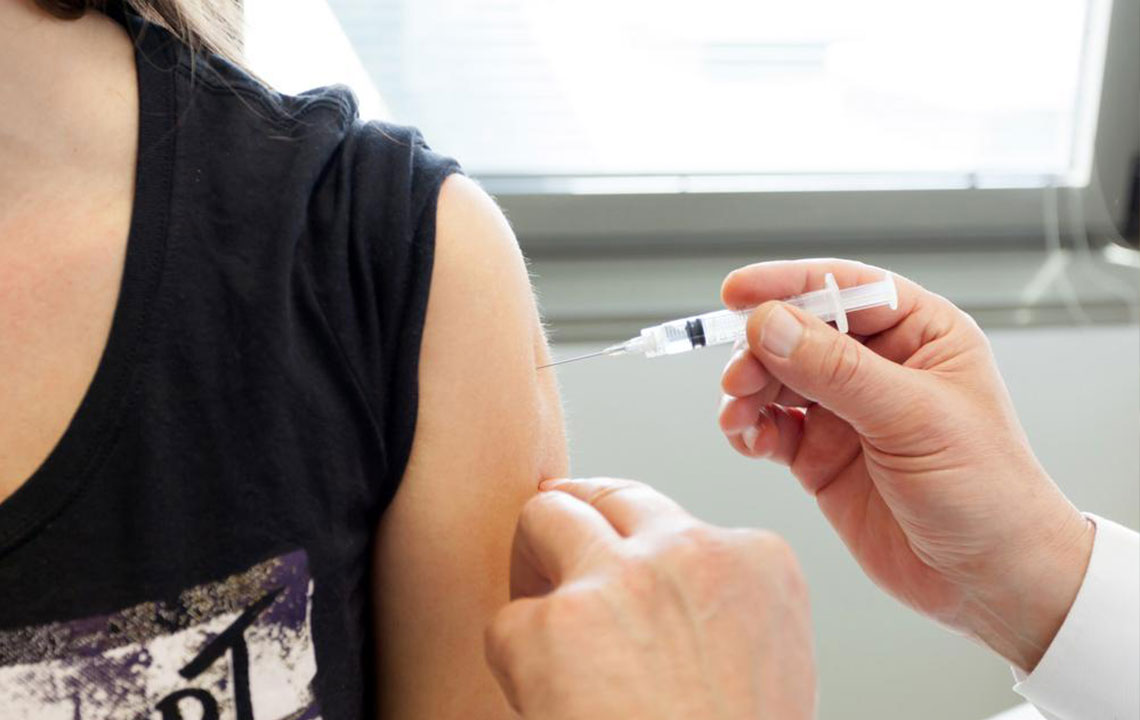Understanding Anorexia Nervosa: Causes, Symptoms, and Treatment Options
This article provides an in-depth overview of anorexia nervosa, exploring its causes—genetics, psychological, and environmental factors—symptoms like weight loss and social withdrawal, and treatment options including medical and psychological interventions. It emphasizes the importance of early diagnosis and holistic care for recovery.
Sponsored

Anorexia nervosa is a serious eating disorder characterized by an intense fear of gaining weight and a distorted body image. Individuals with this condition starve themselves despite being underweight, often driven by a desire for perfection or societal standards of beauty. Losing over 15% of their natural weight can lead to severe health complications like heart issues, anemia, and reproductive problems. The disorder is more common among females, especially those in performance-based careers. Mental health, genetics, and cultural influences play crucial roles in its development.
Hormonal fluctuations during puberty, societal pressure for thinness, and career requirements such as modeling or dance can contribute to anorexia. Childhood abuse and trauma are also significant psychological factors. Biological traits like perfectionism and hormonal imbalances further increase risk. Symptoms include extreme weight loss, social withdrawal, excessive exercising, and purging behaviors like vomiting or laxative abuse. Physical signs include brittle nails, hair loss, feeling cold, and menstrual irregularities.
Causes of Anorexia Nervosa
Genetics, environmental influences, and personality traits are primary causes.
Cultural norms emphasizing slimness and peer pressure heighten risk.
Trauma or abuse during childhood or adolescence may trigger the disorder.
Occupations demanding strict body standards, such as modeling or ballet, can contribute.
Psychological Factors
Obsessive-compulsive tendencies lead to strict dieting, even when hungry.
Perfectionism fuels the desire to lose more weight, causing anxiety and restrictive eating.
Biological Factors
Genetics related to perfectionism and health-consciousness influence susceptibility.
Hormonal imbalances during puberty or pregnancy may also affect mood and eating behaviors.
Signs and Symptoms
Signs include preoccupation with food, drastic weight loss, excessive exercising, purging, social withdrawal, and misuse of diet aids. Physical symptoms encompass emaciation, menstrual issues, lanugo hair, fatigue, depression, hair thinning, cold intolerance, swollen joints, muscle weakness, brittle nails, memory impairment, and digestive problems.
Approaches to Treatment
Treatment begins with medical evaluation to address complications such as electrolyte imbalance, heart irregularities, and malnutrition. Restoring weight through supervised nutritional plans and education on healthy eating is crucial. Psychological therapies help address underlying emotional issues, trauma, and mental health disorders like anxiety or depression. Building healthy coping skills enables patients to manage triggers effectively and recover from the disorder.






